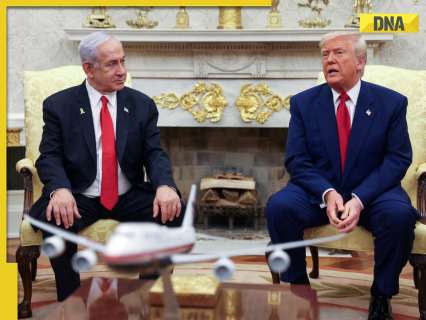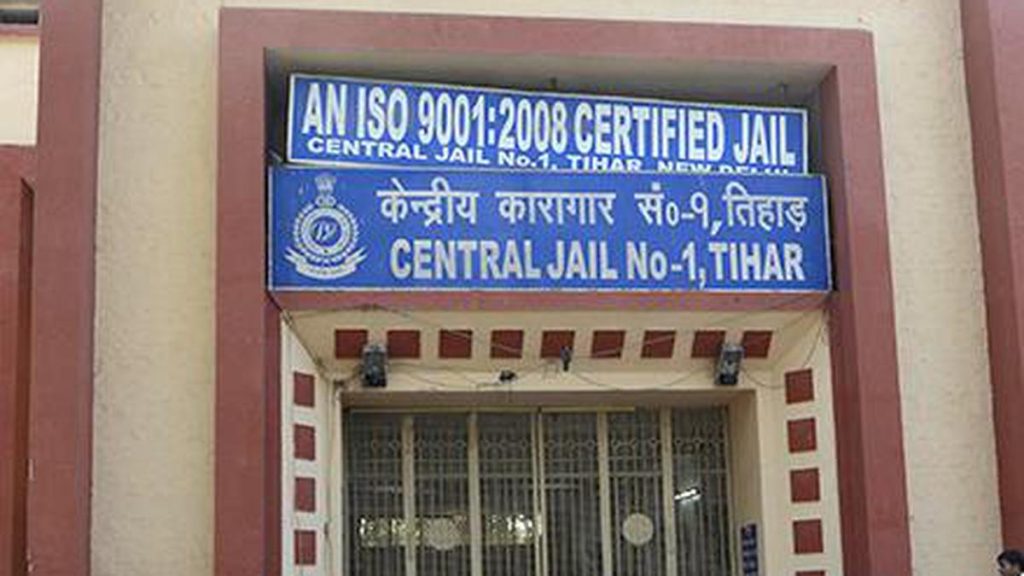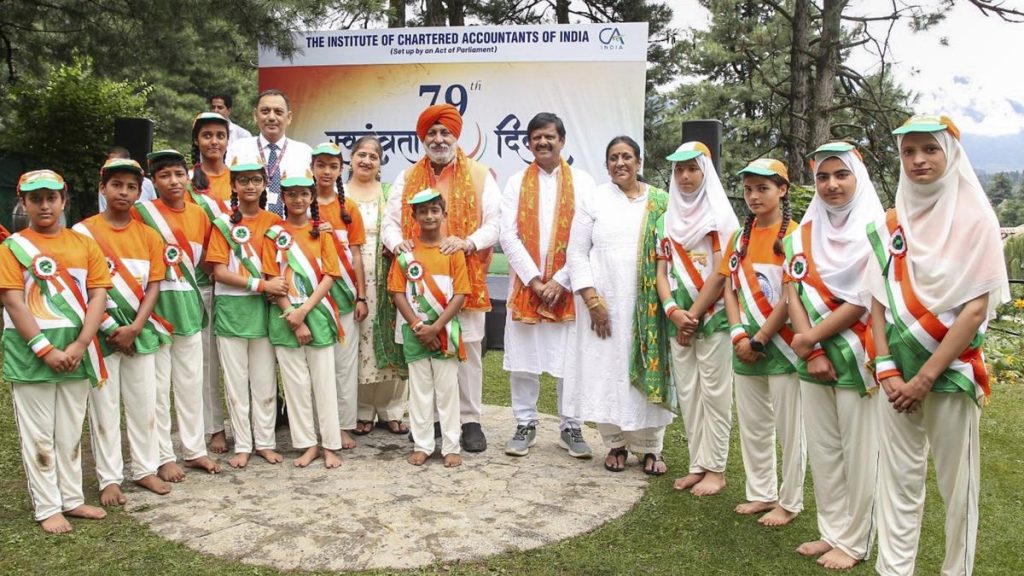Now Reading: Iran’s Top Cleric Issues Fatwa Against Trump, Netanyahu Over ‘Hostile Actions
-
01
Iran’s Top Cleric Issues Fatwa Against Trump, Netanyahu Over ‘Hostile Actions
Iran’s Top Cleric Issues Fatwa Against Trump, Netanyahu Over ‘Hostile Actions

Quick Summary
- Ayatollah Makarem shirazi, a senior Iranian Shia cleric, issued a ‘fatwa’ against US President Donald Trump and Israeli Prime Minister Benjamin Netanyahu, declaring them “enemies of God.”
- The fatwa was reportedly prompted by alleged threats made by Trump and Israeli officials against Iran’s Supreme Leader, Ayatollah Ali Khamenei.
- Shirazi stated that any cooperation or support for such enemies by Muslims or Islamic states is forbidden (haram).
- The cleric urged muslims globally to stand firm against these threats and indicated spiritual rewards for those who face hardship in doing so.
- President Trump recently claimed he saved Khamenei from “a very ugly and ignominious death” while accusing him of making false statements about victory over Israel.
- Israeli Defense Minister Israel Katz revealed that during the 12-day conflict between Iran and Israel, there was an intention to assassinate Khamenei but no operational chance presented itself.
- The conflict escalated with mutual strikes: Israel targeted Iranian military/nuclear sites under Operation Rising Lion while Iran retaliated with missile attacks on Israeli cities and US bases in Qatar/iraq after American strikes on its nuclear facilities.
- A ceasefire was declared by President Trump after 12 days of hostilities.
Indian Opinion Analysis
The issuance of this fatwa highlights the intensifying geopolitical strain between Iran, the US, and Israel. For India-home to one of the largest Muslim populations globally-developments like this have implications. Diplomatic maneuvers become critical as India maintains distinct relationships with all three nations: strategic partnerships with both America and Israel alongside historic cultural ties with Iran. Balancing these relationships amidst turbulent regional dynamics poses challenges.
Further escalation between major global powers could create volatility in oil markets as most energy supply routes pass through regions affected by such conflicts. India’s dependence on oil imports makes it notably susceptible to price fluctuations driven by instability. Additionally, rhetoric around religious decrees has the potential to galvanize sentiments among various groups; thoughtful domestic communication is necessary to avoid external tensions influencing internal discourse.
Ultimately, while India’s foreign policy hinges upon neutrality regarding global conflicts like these-it must remain vigilant about indirect consequences that might affect trade stability or public sentiment domestically.

























